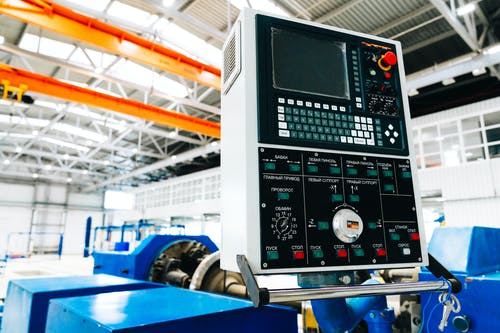Business adversity can teach important lessons.
According to Everest Group, enterprises that were well along their digital transformation journey when the COVID-19 pandemic began have fared far better than others in navigating the challenges of demand fluctuations, remote work, and addressing new customer experience expectations.
This realization is driving organizations to accelerate their automation journeys to not only ensure they are prepared for the next crisis but also to successfully adjust to the new normal.
Everest Group predicts that the Intelligent Process Automation (IPA) market will achieve a compound annual growth rate of 40-50% through 2022, driven by the pent-up enterprise demand for automation.
Everest Group defines IPA as intelligent automation in business processes achieved through any combination of automation technologies such as robotic process automation (RPA) and cognitive/artificial intelligence (AI) based technologies (including natural language processing, machine learning and computer vision).
The global IPA market, comprising the sourcing of IPA solutions and services, surpassed US$4.5 billion at the end of 2020, a year in which growth was subdued due to the COVID-19 pandemic.
The initial adoption of IPA was already underway prior to COVID-19. With the widespread adoption of RPA and successful pilots of AI-based solutions such as Intelligent Document Processing (IDP), enterprises started to use RPA in conjunction with AI-based solutions and other ancillary technologies such as process mining and analytics.
Since the beginning of the COVID-19 pandemic, enterprises have increased focus on digital transformation and are moving toward widespread IPA adoption, looking to reduce reliance on manual processing in critical business functions.
Contributing factors to rapid IPA market growth:
- The rising sophistication of IPA technologies, such as process mining and IDP.
- Higher availability of pre-packaged solutions and accelerators that provide quick time-to-value for enterprises.
- An increasing number of solution provider- and vendor-led initiatives to drive improvements inefficiency.
Findings from the Everest Group report, Powering Business Processes with Intelligent Automation–IPA State of the Market Report 2021, include:
- Implementation services account for around half of the IPA revenue; revenue from licensing proprietary and third-party solutions is increasing at a good rate.
- Banking, Financial Services and Insurance (BFSI) continue to be the largest adopter of IPA solutions and services, followed by healthcare and pharma, consumer packaged goods (CPG) and retail, and telecom.
- IPA solution providers’ attention is split almost equally between RPA and cognitive automation.
- Solution providers are offering solutions across RPA, IDP, conversational AI, etc., while rolling out innovative offerings, such as RPA-as-a-service, to address emerging needs in the IPA market.
- Packaged solutions are gaining traction due to their ease of implementation and quick return on investment.
- Because of the travel restrictions imposed due to COVID-19, solution providers are expected to focus more on digital training by developing more self-paced training modules and certifications.




